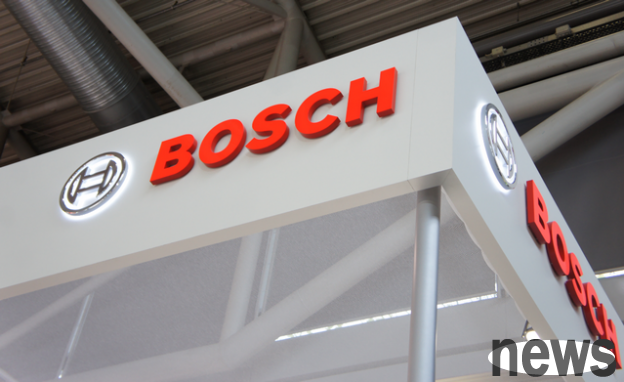Bosch, a German automotive parts manufacturer, is expected to achieve advantages under the Trump administration's high tax policy due to its expansion of California chip factories. Trump has made a statement that he will charge 200% to 300% tax...

Bosch, a German automotive parts manufacturer, is expected to achieve advantages under the Trump administration's high tax policy due to its expansion of California chip factories. Trump has made a statement that he will charge 200% to 300% tax on chip import courses, but investors or manufacturers in the United States will be exempted. Bosch's new factory focuses on silicon carbide (SiC) power chips, locking the electric vehicle market, and is expected to be invested in 2026.
Bosch acquired the factory in 2023, with investment increasing from US$1.5 billion to US$1.9 billion. In the past two years, it has invested more than US$10 billion in the United States. At the end of July, it even purchased Johnson Controls' air conditioning department for 8 billion euros, showing its determination to deepen its US market. In contrast, European rivals such as British Flying and STMicroelectronics are mainly in Europe and Asia, but are not in the U.S. factory, and may lose their price competition in the local market.
However, there is uncertainty in the replenishment. The Biden administration has allowed subsidies and loans, but Trump has expressed his viewing and even considered the need to change shares. Micron, NTD, Samsung, etc. may also be affected. Since Bosch is a foundation-controlled stock exchange is difficult to implement, making it in a special position in policy discussions.